
Culture
20:15, 14-Feb-2018
The Lunar New Year Eve feast - something to drool over
Ge Ning, Anosi Wang, Zhu Danni
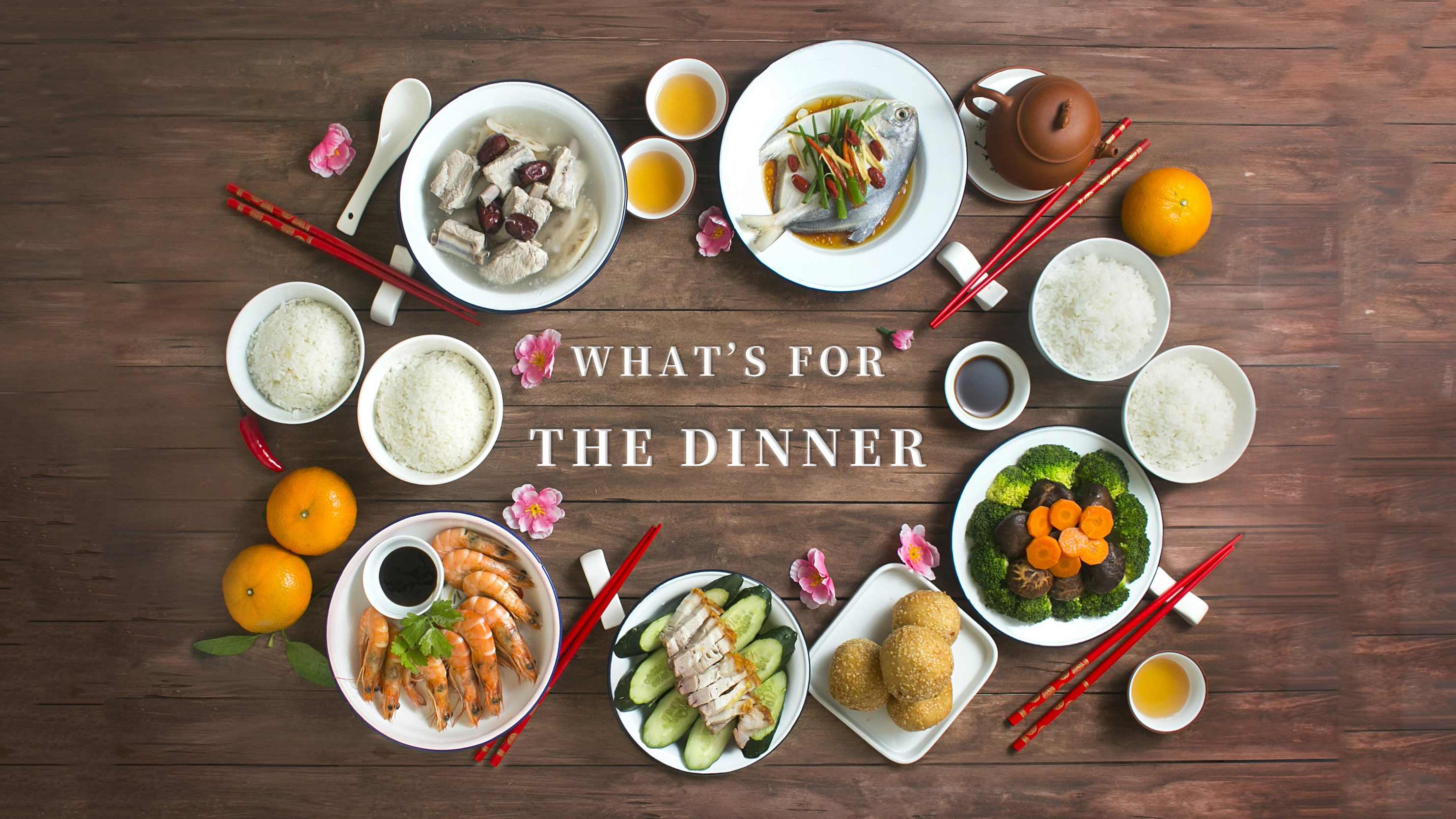
With the Lunar New Year only one day away, have you ever wondered what Chinese people have for dinner on this very special occasion?
Let us take you on a tour of some of the most popular dishes. But, be careful: You might be left drooling…
Hong Shao Rou
This is “hong shao rou”, literally “red braised meat.” It's pork belly, braised to perfection in a sticky sweet sauce that will melt in your mouth. The meat is slowly braised until the fat and skin become gelatinous and the sauce – made of soy sauce, rice wine, ginger and spring onions – reduces and thickens.
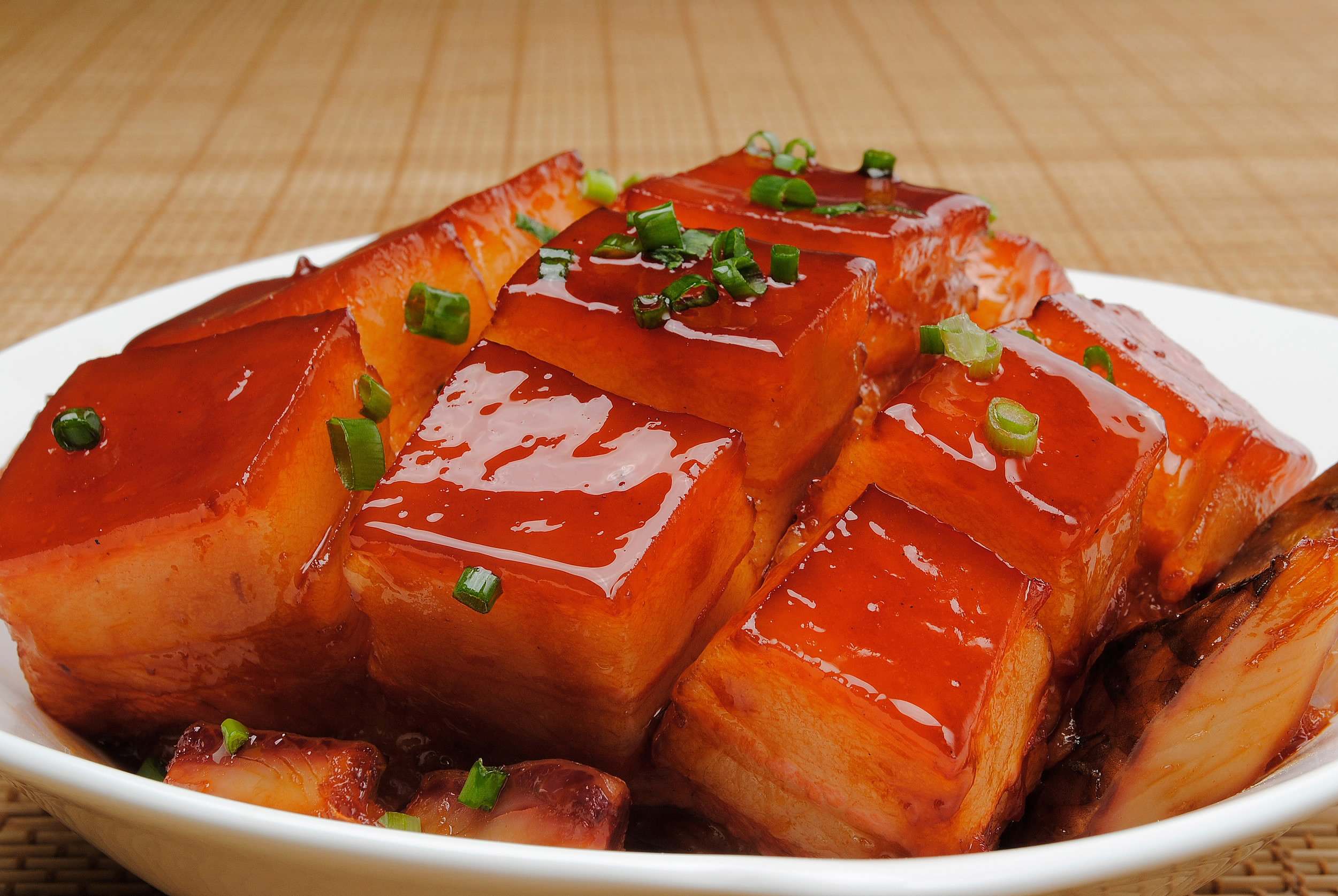
VCG Photo
VCG Photo
Pork has long been a staple of New Year’s Eve dinners – people in the countryside would slaughter a pig especially for the occasion – and with the color red representing good fortune and prosperity in Chinese culture, it is only natural that people would have “hong shao rou” on the Lunar New Year.
Dou Fu
Tofu, also known as bean curd, is a must have at New Year’s Eve dinners in the countryside. There is no specific dish associated with the occasion: Tofu can be stewed, steamed, fried or cooked in a number of ways.
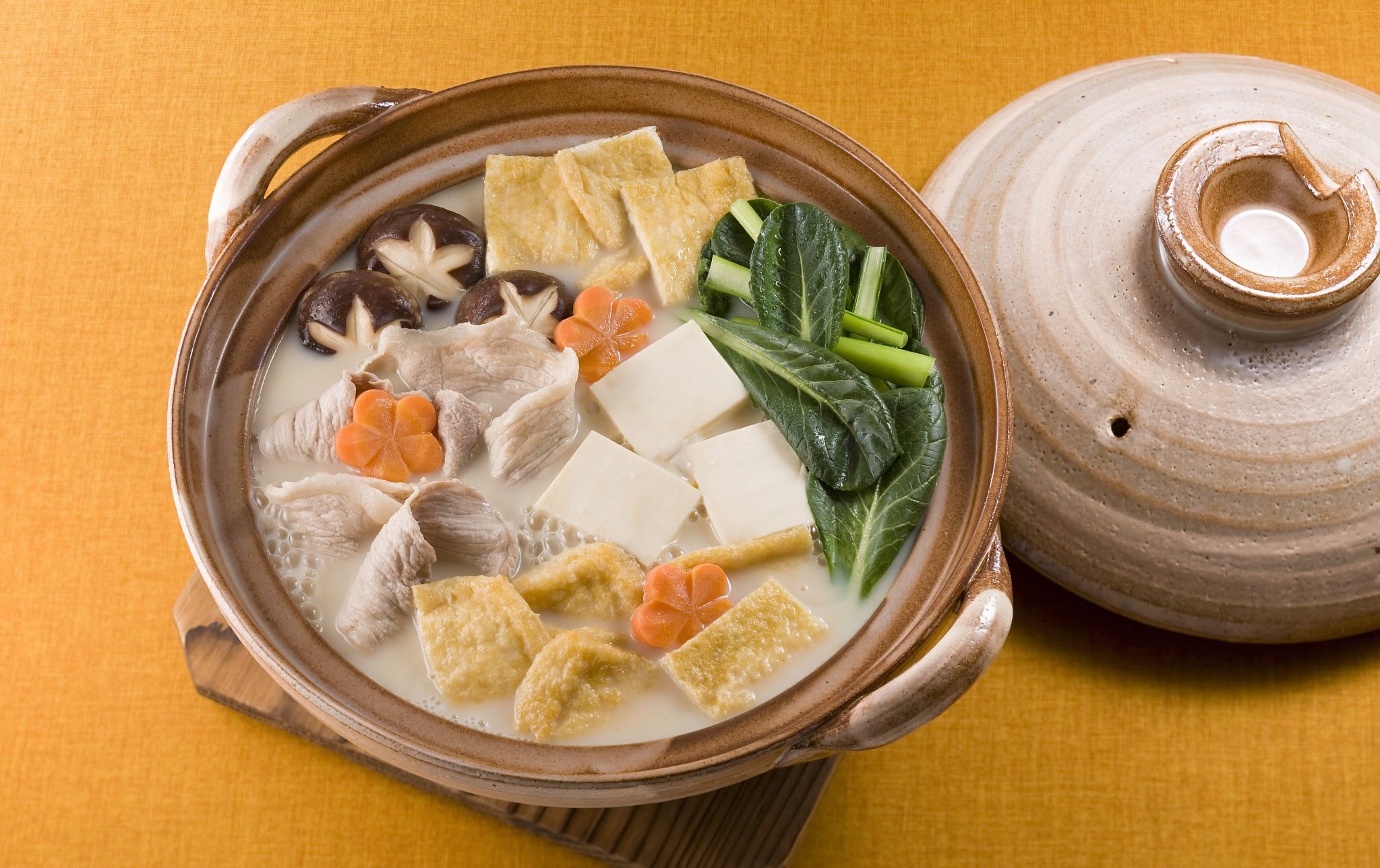
VCG Photo
VCG Photo
In China’s self-sufficient era of the 1950s and 1960s, when people grew their own produce, farmers saved soybeans for the biggest family dinner of the year. Villagers would also look down on those who didn’t have any tofu for their feast.
Yu
The Chinese word for fish - “yu” - sounds the same as the word for plenty, so this is another fixture at New Year’s Eve dinners as it represents abundance for the coming year.
In many homes, the fish of choice is hairtail – a long, flat, belt-like silver fish – as its name in Chinese, “dai yu”, sounds like “surplus for every generation”.
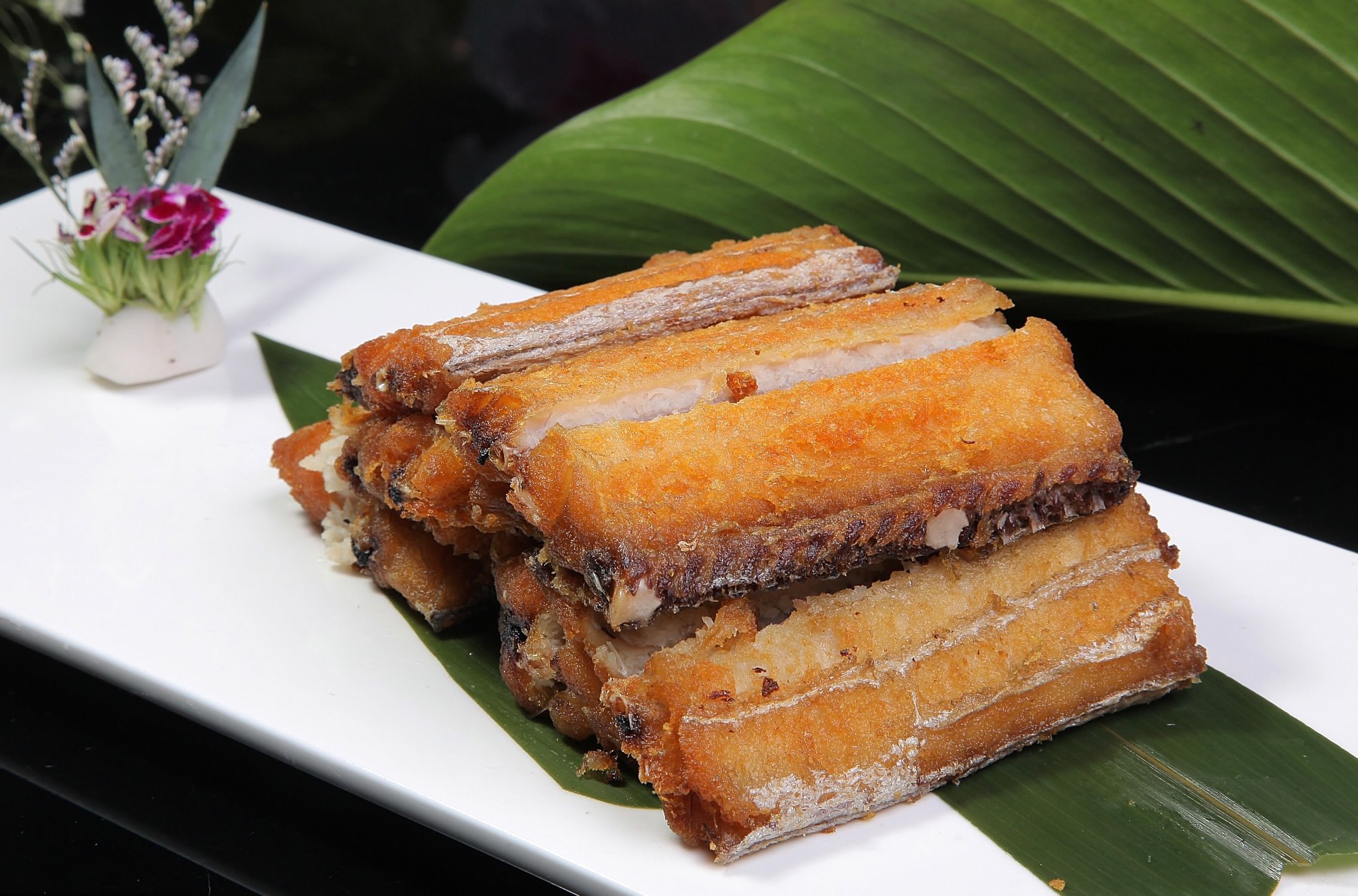
VCG Photo
VCG Photo
In China in the 1960s, deep-fried hairtail was a luxury dish that was almost only prepared for New Year’s Eve dinners. For people of that generation, the taste of deep-fried hairtail is associated with memories of Lunar New Year to this day
Quan Jia Fu
“Stewed assorted delicacies” is a seafood combination made of sea cucumber, abalone, fish maw, tendon and morel mushrooms. Once a part of Chinese imperial cuisine, it is always the first dish served at upscale banquets nowadays.
The dish’s Chinese name - “united family” – also explains why people have it on New Year’s Eve.
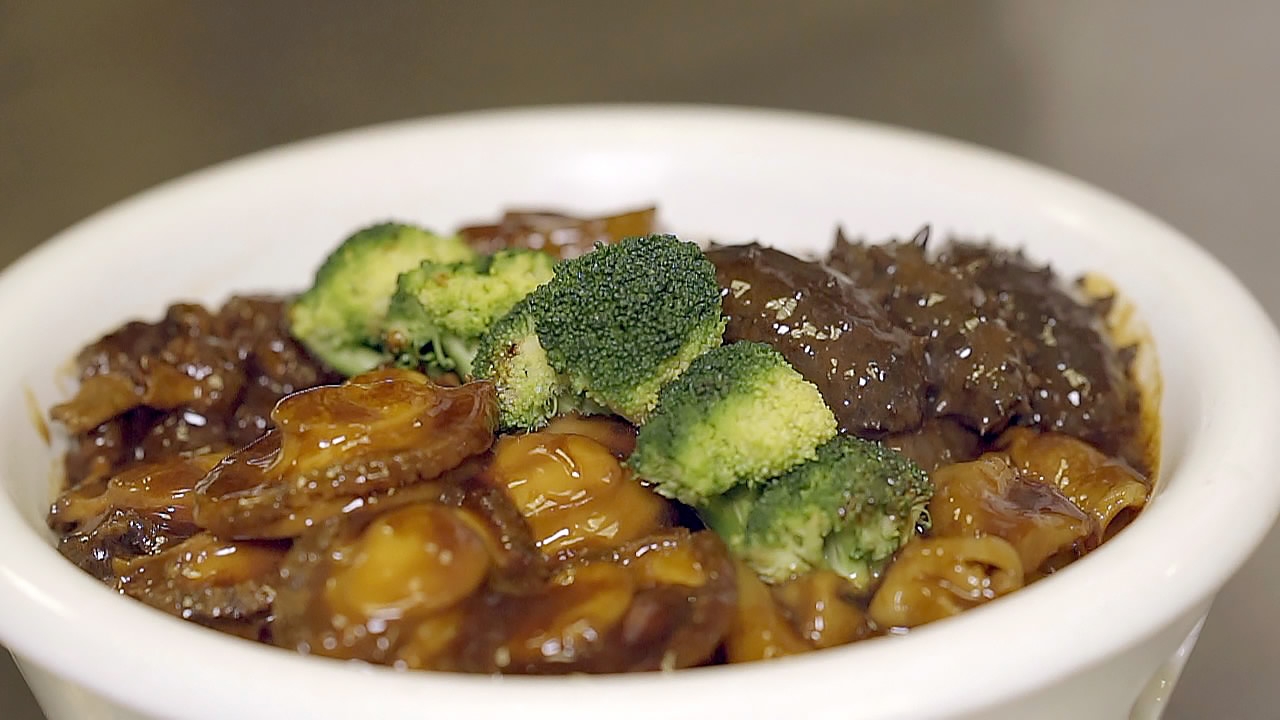
VCG Photo
VCG Photo
Sea cucumber and abalone are high in protein and vitamins, fish maw helps with hydration and to insulate against the cold, and morel mushrooms can improve the immune system. So this dish is not only delicious, but good for your health too!
Jiao Zi
No Lunar New Year celebration would be complete without dumplings, or “jiao zi.” Although Chinese people eat these tasty parcels – containing meat, eggs, vegetables or a combination of the above – on many occasions throughout the year, having them at the New Year’s Eve dinner means something special.
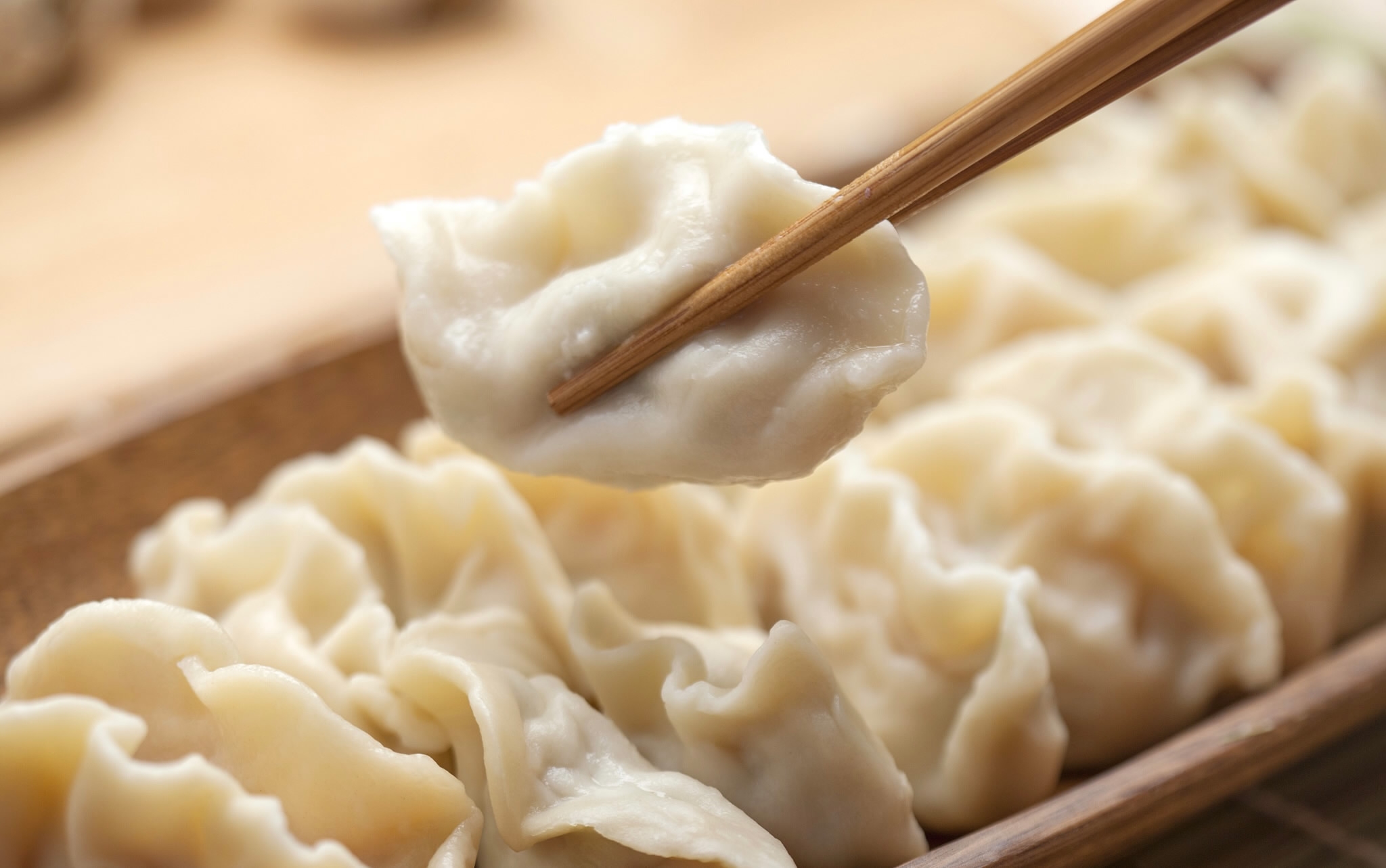
VCG Photo
VCG Photo
The word “jiao zi” also refers to a famous phrase that means “ringing the old year out and the new year in at midnight”.
The shape resembles the silver and gold ingots used as currency in ancient China, so people have dumplings in the hope of getting more money in the new year. In some places, people even put a coin in one of the dumplings and whoever eats it, will be the luckiest person in the new year.
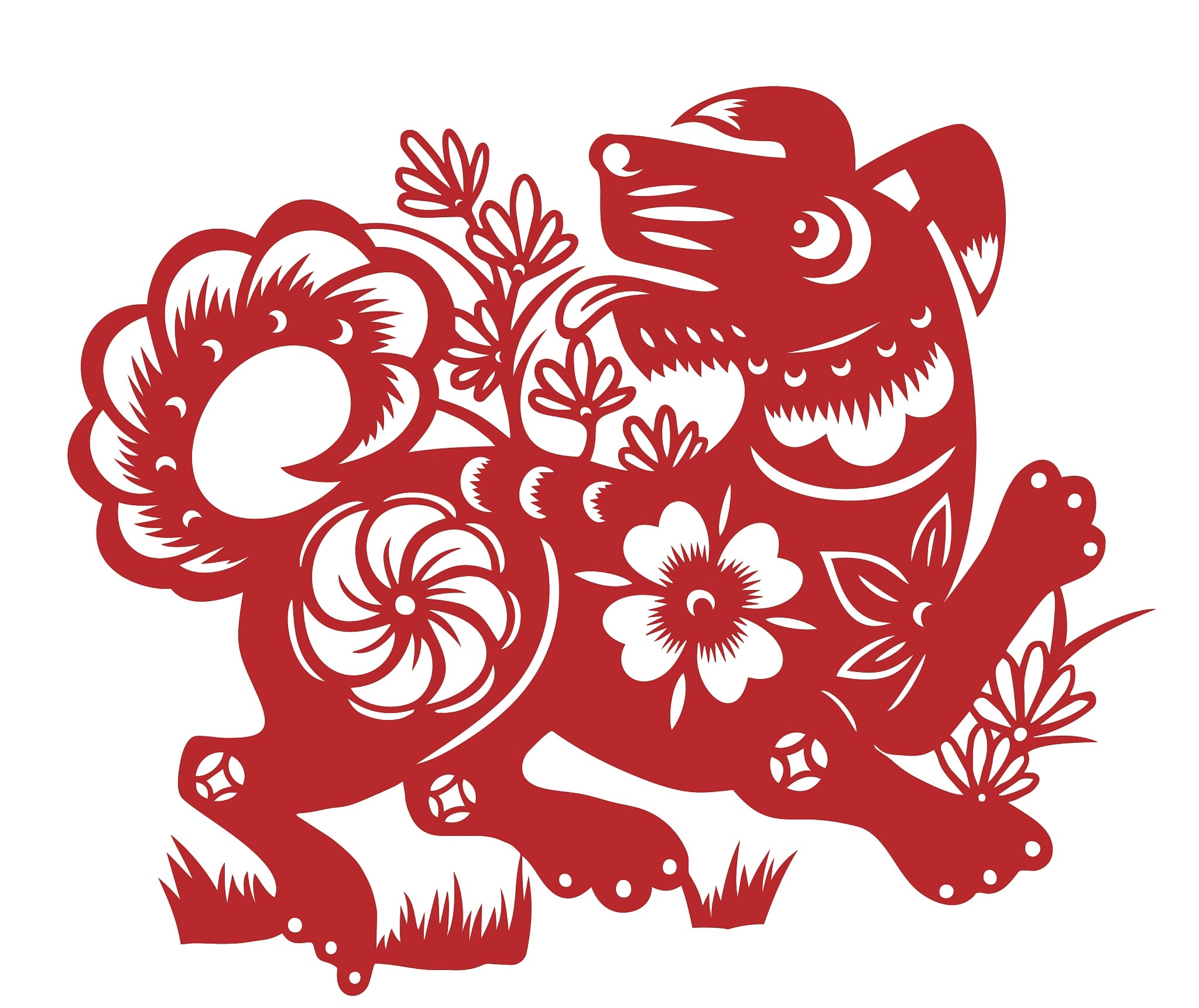
VCG Photo
VCG Photo
This is just a glimpse of what you might find on the menu for this special feast - and the leftovers can last for days. It is believed that leftovers are an auspicious sign of abundance for the new year, meanwhile it is also practical as most of shops and restaurants will be closed during the first few days of the festival. There are also many regional differences between northern and southern China, in both the dishes they prepare and the way they are cooked. But one thing is common everywhere: The whole reason for the dinner is to bring the families together and have the biggest reunion of the year.
English Editor: Sim Sim Wissgott
Voice Over: Charlotte Bates

SITEMAP
Copyright © 2018 CGTN. Beijing ICP prepared NO.16065310-3
Copyright © 2018 CGTN. Beijing ICP prepared NO.16065310-3